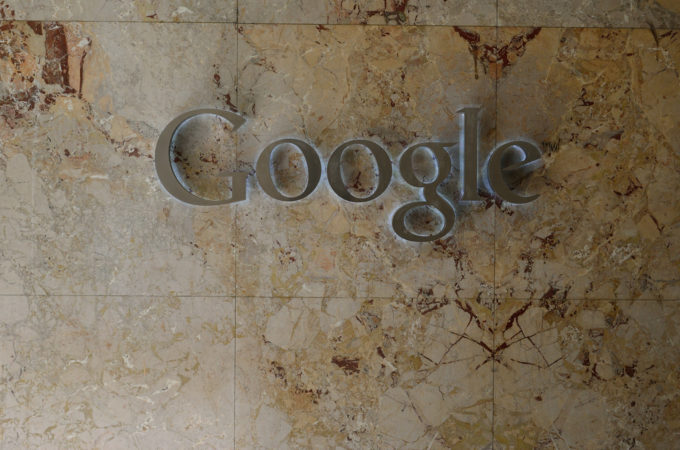Complaint, United States v. Google LLC, No. 1:20-cv-03010 (D.D.C. October 10, 2020)
Last month, in the largest antitrust case against a tech company in over two decades, the Department of Justice (“DOJ”) issued a lawsuit against tech giant Google. Eleven states—Arkansas, Florida, Georgia, Indiana, Kentucky, Louisiana, Mississippi, Missouri, Montana, South Carolina and Texas—join the suit. The DOJ brings the action under Section 2 of the Sherman Act, 15 U.S.C. § 2, which makes it unlawful to “‘monopolize, or attempt to monopolize, or combine or conspire with any other person or persons, to monopolize any part of the trade or commerce among the several States, or with foreign nations . . . .’”
The lawsuit focuses on Google’s agreements with device manufacturers such as Apple, LG, Motorola, and Samsung; major U.S. wireless carriers such as AT&T, T-Mobile, and Verizon; and browser developers such as Mozilla, Opera, and UCWeb. The DOJ argues that these exclusionary agreements have allowed Google to unlawfully maintain monopolies in search and search advertising by, among other things:
· Forbidding preinstallation of any competing search services.
· Forcing preinstallation of its search applications in prime locations on mobile devices and making them undeletable.
· Requiring Google to be the default—and, in effect, exclusive—general search engine on Apple’s Safari browser and other Apple search tools.
With this suit, the DOJ seeks to restrain Google from carrying out these practices and to remedy their effects. Since the complaint’s filing, Google has issued a statement contending that the lawsuit is “deeply flawed,” noting that “[p]eople use Google because they choose to, not because they're forced to, or because they can't find alternatives.” Google opposes the government’s characterization of its agreements, declaring that users can easily change the default search engine on Apple devices and that, despite their agreements, carriers and manufacturers often preload their devices with numerous competing apps and app stores.
The federal investigation prior to this lawsuit began in September 2019 alongside probes by attorney generals from nearly every state, encountering several obstacles in the process. In February of this year, the DOJ sent a letter rebuking Google for its unwillingness to turn over documents it cited as critical to its investigation, hinting at legal action should Google fail to comply. Though that matter eventually settled, government lawyers fought internally over the right time to bring the case. In the weeks preceding the 2020 presidential election, some indicated that the department might not be adequately prepared to file suit. Ultimately, Attorney General William P. Barr chose to proceed with the lawsuit.
The last time a tech company received this type of government scrutiny for potentially monopolistic practices was in the 1997 case against Microsoft. In that case, the key inquiry was whether Microsoft impermissibly closed out opportunities for other web browsers by bundling its own browser, Internet Explorer, with its Windows operating system. That case ultimately settled in 2001, having failed to establish that Microsoft’s practices are illegal. The complaint in the current case against Google references the Microsoft lawsuit as precedent for the notion that “ anticompetitive agreements by a high-tech monopolist shutting off effective distribution channels for rivals…were exclusionary and unlawful under Section 2 of the Sherman Act.”
